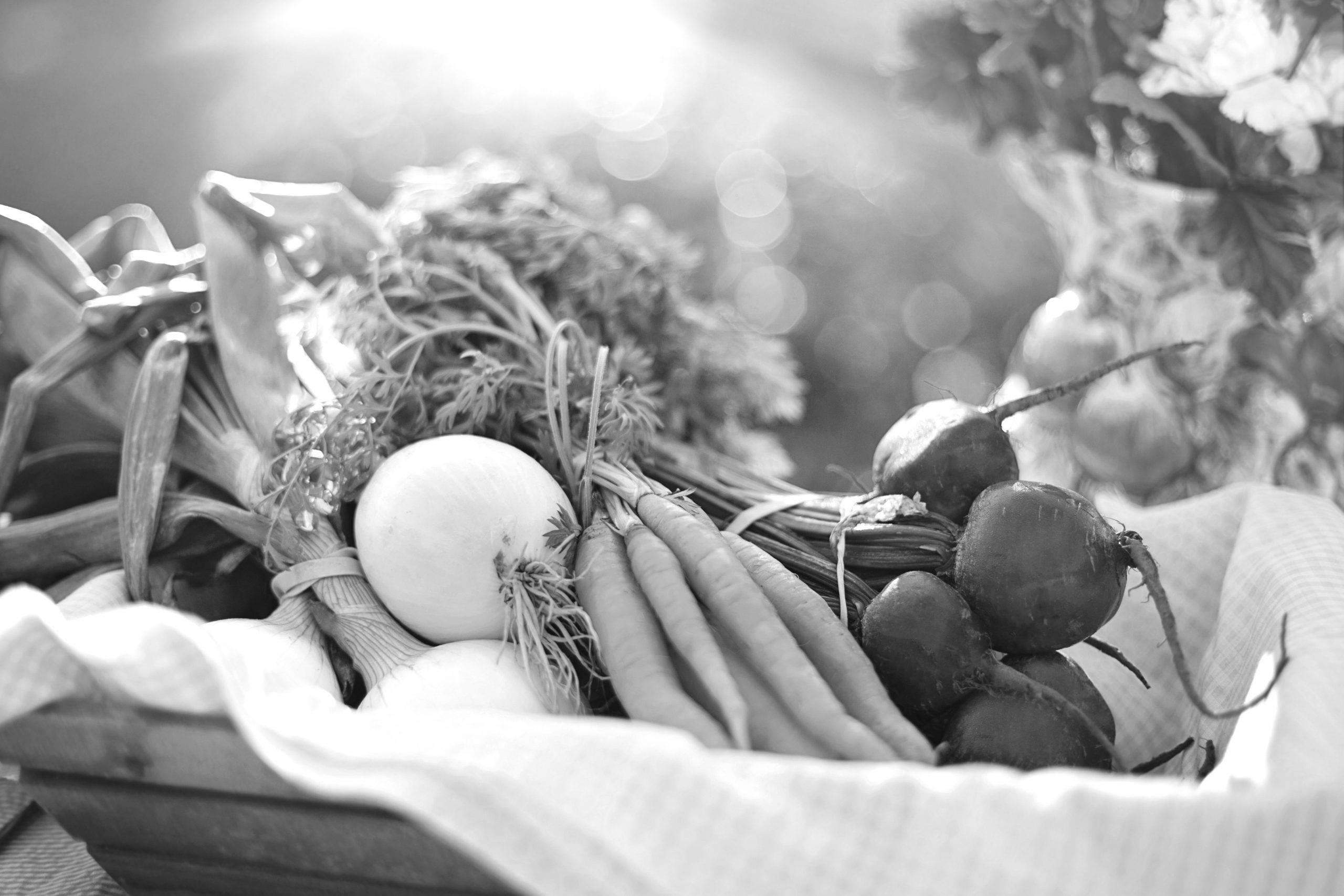Having sufficient food is a basic human need. Sadly it is not always the case in certain areas of our world and many still die of famine. However in developed countries often its supply is taken for granted and not really valued. We expect full supermarket shelves, offering a bewildering choice and range of product. The pressures on supermarkets and the like is to keep prices for basic food goods down, and hence prices for farmers, are also subject to the same pressures. Indeed the basic price of farm products very often does not cover costs of production and hence countries widely offer income support for farmers.
Farm Support
In the UK, before entering the EU, we operated a deficiency payment scheme. This calculated average farm gate prices for individual products and, if they were below average costs of production, measured by national surveys across the country, a subsidy was paid to the farmer making up the difference. On entering the EU matters changed and we adopted a very different scheme of price support which sought to ensure sufficient supplies. This led to the so called wine lakes and grain mountains and was highly protectionist in nature. Over time, schemes have been modified and adapted within EU and its members. In the UK, we now have a scheme of direct payments based upon the area of land farmed and registered. This is unrelated to production but more of direct income support. There are also environmental stewardship schemes allowing farmers to set aside land and encourage birds and wildlife.
In recent times there has been growing concern about direct payments. These seem to perhaps over reward the larger farm holdings and their lack of a link to prices creates real discussion. Yet there can be no doubt that unless the public are prepared to pay significantly more for their food, such income support is required or we risk the future of farming and food supply.
UK Post Brexit
Recently two key events have created a major re-think and review of farm support in our islands. The most obvious is the UK decision to leave the EU. We need to have an alternative system in place which continues to protect both the sufficiency and competiveness of agriculture. The second is the publication early in 2018 of the Government’s 25 Year Plan for Food, Farming and the Environment. This has led to widespread consultation and clear statements from our policy makers. Direct payments will be phased out. The clear message is ‘Public money for Public Goods’. Yet within this the message is that the need for supporting farmers, and hence food supplies, is recognised; it is just that new systems will be different and regarded as fairer. Naturally it has created some concerns especially farmers worried about their futures. The steps to be taken are still being discussed but they will be challenging and how land owners and farmers react will be critical.
Integrated land management
The emphasis going forward will be on an integrated approach to land management. Too often we have tackled problems on a piece meal and heavily focussed basis. We have treated issues such as food production, water management, protecting our environment, commercial and recreational woodland and more as individual issues. Sometimes support schemes introduced for one have conflicted with schemes for others. They have certainly not always been resource efficient. Going forward requires a new way of thinking, joint agency working and a clear objective of managing land effectively and efficiently to maximise gains across all priorities and requirements. This certainly will not be easy for anyone involved. A young farmer, known by the author, is operating at high levels of efficiency, yet on his average sized farm, without additional payments, the business would not be viable. Change creates real concerns for him and his family. He is up for the challenge but it needs to be well thought out and relatively simple to operate.
Learning Lessons
In recent years schemes such as single farm payments and stewardship have been excessively complicated following European rules. They have absorbed a great deal of administrative time and often payments delayed creating real and critical cash flow issues. Any new schemes introduced must be kept as simple as possible. The author has often thought that the problems with the European Common Agricultural Policy today lie in it being constantly tinkered with and added to rather than sitting back and starting again. The UK has the opportunity to do just that, to clearly work out and state its objectives and then introduce a scheme which delivers yet minimises the administrative burden on land managers.
Valuing food
The title of this brief article is the price of farming. An alternative might have been the value of food. Whilst it is recognised that the pressures are allays on to keep household food bills as low as possible, we need to increase awareness and connection of the public to what is involved in its production. The 2018 summer of no rain and high temperatures has had a major impact on farming yet how many in the wider community fully recognise this. They still look for their full shelves and choice at low prices.
Change is very much the word in 2018. How our policy makers, land managers and all involved respond will be critical. Is it to be a major opportunity – some would say it should be.







